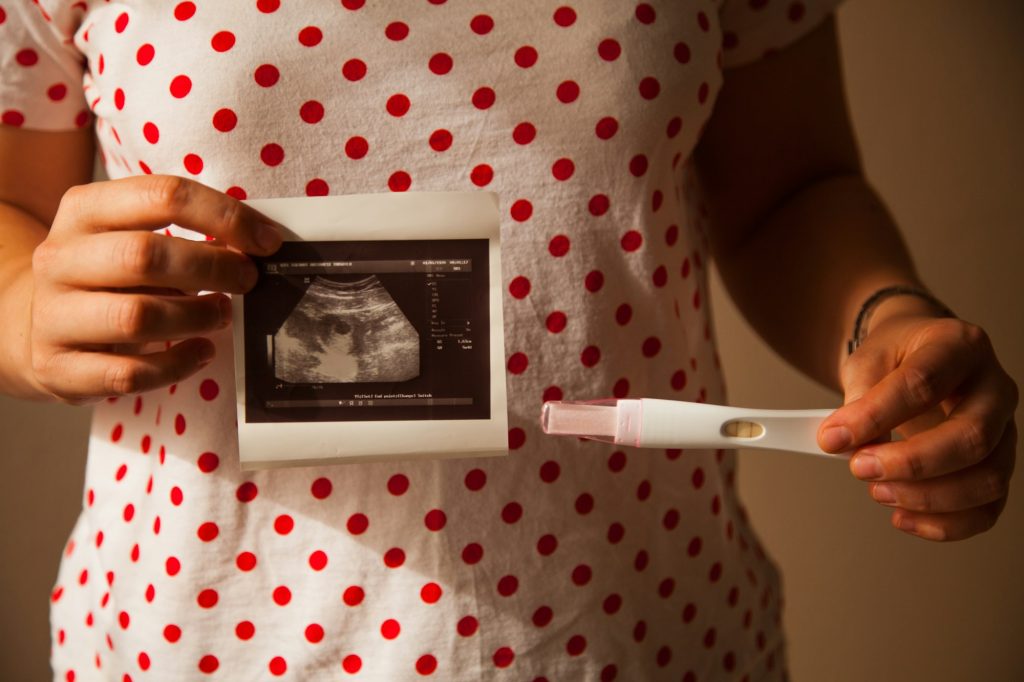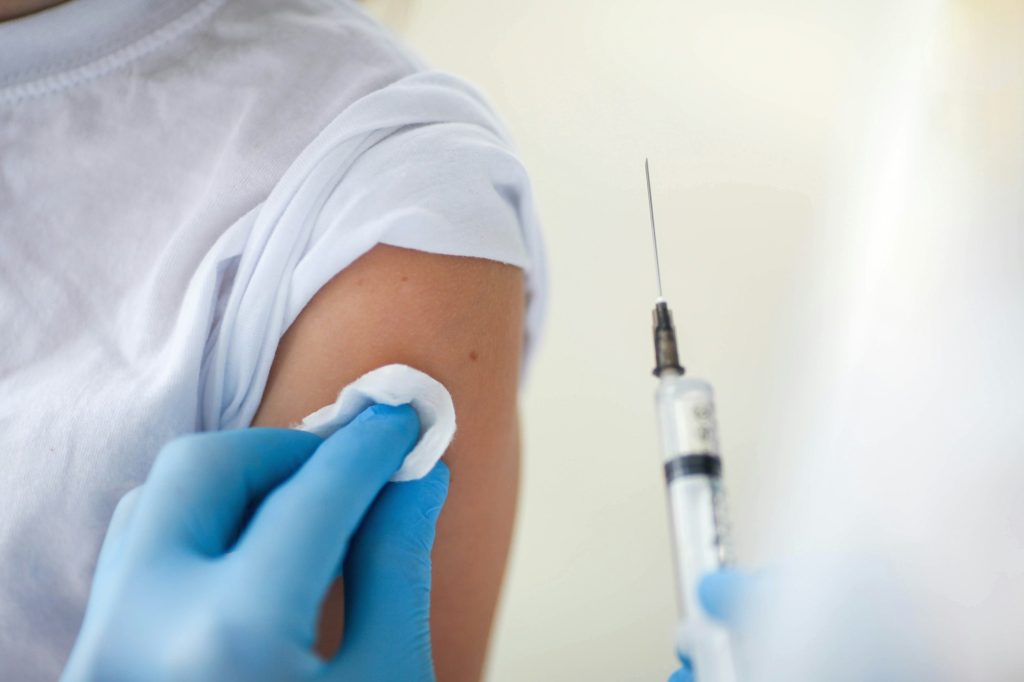What is Tubal Patency?
Tubal patency refers to the openness or unobstructed state of the fallopian tubes, which are part of the female reproductive system.
Tubal patency refers to the openness or unobstructed state of the fallopian tubes, which are part of the female reproductive system. The fallopian tubes play a crucial role in fertility as they provide a pathway for the egg to travel from the ovary to the uterus and for sperm to travel toward the egg. Fertilization typically occurs within the fallopian tubes.
Issues with tubal patency can arise due to various factors, such as infections, inflammation, pelvic inflammatory disease (PID), endometriosis, previous pelvic surgeries, or the presence of adhesions. If the fallopian tubes are blocked or partially obstructed, it can interfere with the normal process of fertilization, preventing the sperm and egg from meeting.
Assessing tubal patency is often a component of fertility testing. Common methods for evaluating tubal patency include:
Hysterosalpingography (HSG): This is a radiologic procedure where a contrast dye is injected into the uterus, and X-rays are taken to visualize the shape of the uterine cavity and the patency of the fallopian tubes.
Sonohysterography (SHG): This involves the introduction of sterile saline into the uterus through a catheter while performing a transvaginal ultrasound. It can help detect abnormalities in the uterus and evaluate tubal patency.
Laparoscopy: A surgical procedure in which a thin, lighted tube with a camera (laparoscope) is inserted through a small incision in the abdominal wall to directly visualize the pelvic organs, including the fallopian tubes.
If tubal blockages are identified, treatment options may include surgery to remove adhesions or open the tubes, or assisted reproductive technologies (ART) such as in vitro fertilization (IVF) as an alternative means of achieving pregnancy.
Assessment of tubal patency is an important step in diagnosing and addressing infertility issues, as it provides insights into the functioning of the reproductive system. If you have concerns about fertility or tubal health, it’s advisable to consult with a healthcare professional or a fertility specialist for a thorough evaluation and guidance on appropriate next steps.




